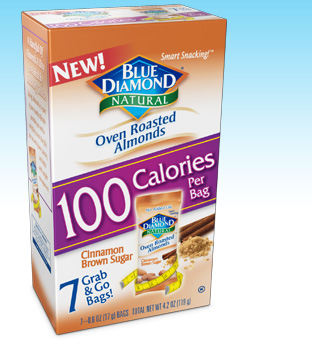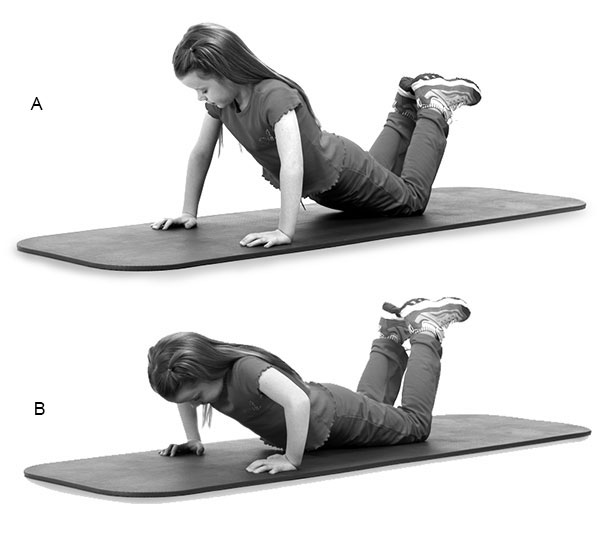Improve Your Testosterone:
BALL CHECK: EVEN IF YOU'RE 22 YEARS OLD AND IN THE PRIME OF YOUR testosterone-making years, your testicles may not be pumping out enough male hormone for peak muscle growth, threesomes with NFL cheerleaders, and all-around manliness.
To find out, take this dripping-wet T test: The next time you step out of the shower and reach for your bath towel, stop and stand up straight. Now look down: If you can see your testicles, congratulations, Mr. T. But if a big belly is blocking the view of your jewels, it's likely that your testosterone levels aren't anywhere near what they could be.
Belly fat, my friend, is a testosterone buster. And it's secretly turning you into a chick.
Excess body fat makes a man look more curvaceous than cut and, if he's really unlucky, gives him a lovely pair of man-breasts to admire in the mirror. But that's not all. Body fat contains aromatase, an enzyme that converts testosterone into estrogens, the main sex hormones in women. Having extra estrogens floating around your system triggers your body to slow its production of testosterone. And the less testosterone you make, the more belly fat you accumulate and the more estrogens you spew. It's a vicious, emasculating circle—and not a sorority you want to party with. (Here's another test to see if your T is low.)
In fact, though a beer belly might seem to some like a dramatic (if unattractive) declaration of manliness, a study of 1,822 men by the New England Research Institutes (NERI) confirmed that a man's waist circumference is the single strongest predictor of low testosterone levels. It's even more accurate than age or overall health. Researchers have also targeted midriff weight as the strongest predictor of a condition called symptomatic androgen deficiency, or AD. It's marked by low libido, erectile dysfunction, osteoporosis, depressed mood, lethargy, and diminished physical performance. According to the Massachusetts Male Aging Study, the prevalence of AD among American men between the ages of 40 and 79 is nearly 8 percent.
BLOCK THE T DRAIN
Sure, you lose some testosterone naturally as you age. But weight gain can accelerate that process. When NERI researchers monitored the health of men ages 40 to 70 for 9 years, they found that the men who became overweight or obese experienced a more rapid drop in testosterone than those who'd kept a normal weight. Thinner men might just be manlier men.
Another reason to hoard your T: The hormone can help offset your tendency to lose muscle mass as you age. According to research at the Jean Mayer USDA Human Nutrition Research Center on Aging at Tufts University, muscle mass begins to slip about 1 percent a year from age 30 onward. That can mean a loss of approximately a third of a pound of prime beef every year. But in a 4 1/2-year Kaiser Permanente study, men with higher levels of testosterone lost less muscle mass than men with lower levels did. (What else can more T do for you? Find out with Testosterone Transformation.)
Watch that muscle drain, because it also contributes to an age-related metabolic slowdown that can pad your body with a pound of fat a year. This metabolic remodeling is a change most men never see coming. Even if you maintain your weight over the years, you could be saying goodbye to what you want to keep (muscle) and hello to what you don't need (body fat). That fateful swap could be lowering your testosterone levels even further.
But there is good news: You can reverse the tide and turn on your body's testosterone spigot by losing weight, especially belly weight. Kickstart your T production with this three-tiered approach.
TIER 1
Heavy lifting, less running
Vigorous resistance exercise triggers a big burst of testosterone. Stick to weightlifting movements that hit multiple muscle groups, limit your rest between sets, and keep cardio to a minimum. This approach stimulates your body's production of growth hormone, which helps you build more muscle faster, says Josh Bryant, C.S.C.S. It also uses up glycogen reserves rapidly, so your body burns more fat for energy. (Goodbye, man-breasts!) Pound your pecs and build testosterone with this great chest workout.
TIER 2
Lifestyle bombs and boosters
Your daily habits outside the gym also wield significant influence over your testosterone levels and muscle-building ability. Many of the simplest decisions you make each day can secretly have a hand in either boosting your testosterone or slowing it down—or even stopping its production altogether. Here are a few testosterone boosters and bombers to track.
T BOOSTER: SLEEP: Log your 8 hours. A 2011 University of Chicago study found that averaging 5 hours of shut-eye decreased men's T levels by up to 15 percent.
T BOMBER: ALCOHOL: Studies show that excess alcohol speeds the conversion of testosterone and other androgens into estrogen. If you want to maximize your T production, fat loss, and muscle gain, then cut down on your drinking.
T BOOSTER: ERECTIONS: In a study in the Archives of Sexual Behavior, eight men had their blood levels of testosterone measured before, during, and after they viewed a pornographic film. Their levels were highest an hour to 90 minutes after the film ended, with an average 35 percent gain in T. So to build up more testosterone, have more erections. Here is your homework assignment: Have sex often. See? Healthy living can be fun! (Need some help? Try these 10 Ways to Get More Sex.)
T BOMBER: BPA: Bisphenol A, a chemical used in food cans and plastic containers, may lower your testosterone by exposing you to chemicals that mimic estrogen in your body. Steer clear of foods in containers with the recycling numbers 3, 6, or 7.
TIER 3
Food for more testosterone
Nutrients work hand in hand with hormones like testosterone to build muscle. But if you've been following the traditional, outdated advice for losing weight—cut calories, reduce dietary fat, and watch your intake of red meat and eggs—you are missing out on those critical nutrients that build T levels and foster "anabolism," or muscle growth. If you want to lose 20 pounds of fat, build major muscle, and boost your testosterone, pair your workouts with these food rules from sports nutritionist Tara Gidus, R.D., team dietitian for the NBA's Orlando Magic.
DON'T SKIMP ON CALORIES: Men on an intense exercise regimen who took in only about 1,800 calories a day experienced a 40 to 50 percent drop in testosterone after just 5 days. "Consuming enough calories prevents the body from slowing testosterone production as a reaction to perceived starvation," says Gidus. Multiply your current weight by 10 and 12 to find your daily upper and lower calorie targets.
EAT A RANGE OF AMINO ACIDS: Aim for 1 gram of protein daily per pound of body weight—and go beyond turkey breast. "You'll improve your odds of consuming enough of each essential amino acid by eating different protein foods each day," says Gidus.
NAIL YOUR CARB RATIO: Eat 2 grams of carbohydrates per pound of body weight daily. This yields a 2-to-1 carb-to-protein ratio that's optimal for raising testosterone levels, says Gidus.
DON'T FEAR SATURATED FAT: About 20 to 30 percent of your daily calories should come from fat, and not just those heart-healthy monounsaturated fats found in olive oil. Saturated fat contains cholesterol, which is a crucial precursor to testosterone production. So make sure that 5 to 10 percent of your daily calories come from saturated fat in foods like red meat and egg yolks. No real surprise there—you probably always had a feeling those egg-white omelets were a little girly, right?
Adapted from Testosterone Transformation: Lose Belly Fat, Build Muscle, & Boost Sexual Vitality.
-
Transformation: TNT Diet to Build Muscle Mass
Kye Richter, 25, hails from Waterloo, Iowa, and at 6' 1.5" an
-
The Strange Reason Diet Soda Makes You Fat
Want one reason for your beer belly? How about 100 quintillion? That’s
-
Abs Diet- Interval Training Tips at MensHealth.co
To improve endurance, you have to understand how your body produces en
-
The Push Away Diet
Why do you think the country (and world) has an obesity epidemic? It’s
-
Check out our weight loss Abs Diet for women
When you think of abs, you may think of Brad Pitt or Janet Jackson. Yo
-
Diet Strategies: Gluten and Weight Loss
If your belly wont budge, you may have a gluten intolerance. New Zeala
- DON'T MISS
- Weight Loss: Abs Diet Contest Winner at Menshealth.com
- Try This 7-Second Motivation Trick
- How Wolfgang Puck Lost 20 Pounds
- Better Ways to Eat Almonds
- Do Any Diet Pills Actually Work?
- Why Sugar Makes Us Fat:
- Weight Loss: Celebrity Diet Program
- 21 Nutrition Rules to BE AWESOME
- Diet Strategies: Sugar and Your Kids
- Its Not Just 8 Weeks:




